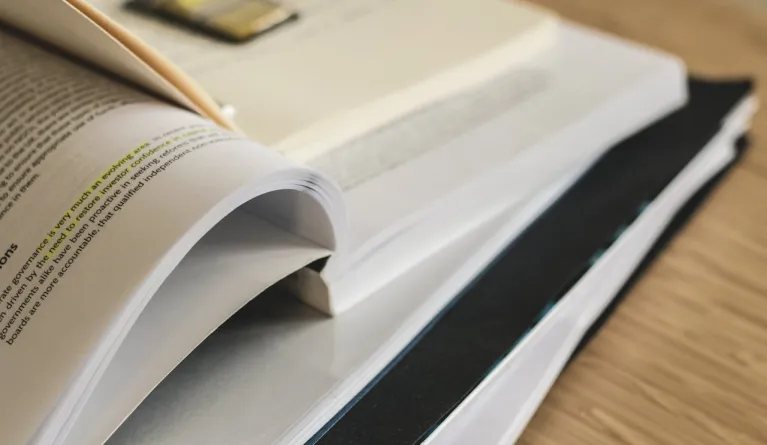Effective learning strategies are crucial not just for students, but for anyone aiming to acquire new knowledge efficiently. In a world overflowing with information, mastering how to learn can be more valuable than what you learn. Understanding your individual learning style - whether visual, auditory or kinesthetic - can help you select the right techniques and retain knowledge better. In this article, we will explore popular learning methods, the science behind memory and give you practical tips to enhance your study habits.
What are the most popular learning methods?
Some learning methods have been proven to be especially effective across different types of learners.
Active recall and spaced repetition are top-tier methods for brain-based learning. With active recall, you test yourself rather than passively rereading material, which strengthens memory pathways. Spaced repetition, on the other hand, involves reviewing information at increasing intervals to transfer it into long-term memory.
Other popular techniques include:
- Visual learning: Using diagrams, charts and colours to aid memory. Mind mapping, in particular, is a great way to visually organise thoughts and create associations between ideas.
- Auditory learning: Listening to lectures or using voice notes to replay information can help auditory learners.
- Kinesthetic learning: This method involves hands-on experiences. Building models, teaching others or even walking while reading can help information stick.
By combining multiple methods and regularly switching between them, you stimulate your brain and boost retention.
How does memory work?
The memory is not a single storage unit—it has multiple components that work together. Short-term memory holds information temporarily, such as a phone number you remember for a few seconds. For true learning, though, information needs to be processed into long-term memory.
Factors that influence how well we remember include:
- Emotional connection to the material
- Repetition over time
- Relevance and understanding
- Use of association techniques (like visual or story-based connections)
Creating links between new and existing knowledge makes it easier for the brain to retrieve it later, which is at the core of brain-based learning.
How can I improve my learning performance?
Here are several ways to make your studying more effective and sustainable:
- Create an optimal study environment: Choose a quiet, organised space with minimal distractions. Use background music or white noise if it helps you focus.
- Use the Pomodoro Technique: This time-management method involves 25-minute focused work sessions followed by 5-minute breaks. After four sessions, take a longer 15–30-minute break. It boosts concentration and prevents burnout.
- Prioritise sleep, nutrition and exercise: Your brain works best when it’s well-rested, properly fuelled and active. Sleep is vital for memory consolidation, while good nutrition and physical activity increase alertness and cognitive function.
- Overcome procrastination: Break tasks into smaller chunks and start with the easiest one. Reward yourself for completing sections and hold yourself accountable. Often, just getting started is half the battle.
In short, the answer to “How do I learn best?” lies in personalisation and consistency.

Why should I adapt my learning methods?
Adapting your learning methods ensures that your efforts lead to lifelong knowledge retention. What works during your school years might not be effective later in life. Continuous reflection and adjustment of your learning methods can help you stay motivated and efficient across different learning goals - be it professional development, a new language or creative hobbies.
Keep experimenting with new learning methods and don’t be afraid to combine methods. The key is finding a balance that fits your brain, your schedule and your goals.
Post summary
- Use active recall and spaced repetition to enhance memory retention.
- Identify your learning style and apply the techniques that suit you best.
- Understand the difference between short and long-term memory to store information more effectively.
- Improve learning with better sleep, proper nutrition, exercise and time management techniques like Pomodoro.
- Regularly reflect on your methods and adjust them for lifelong learning success.
